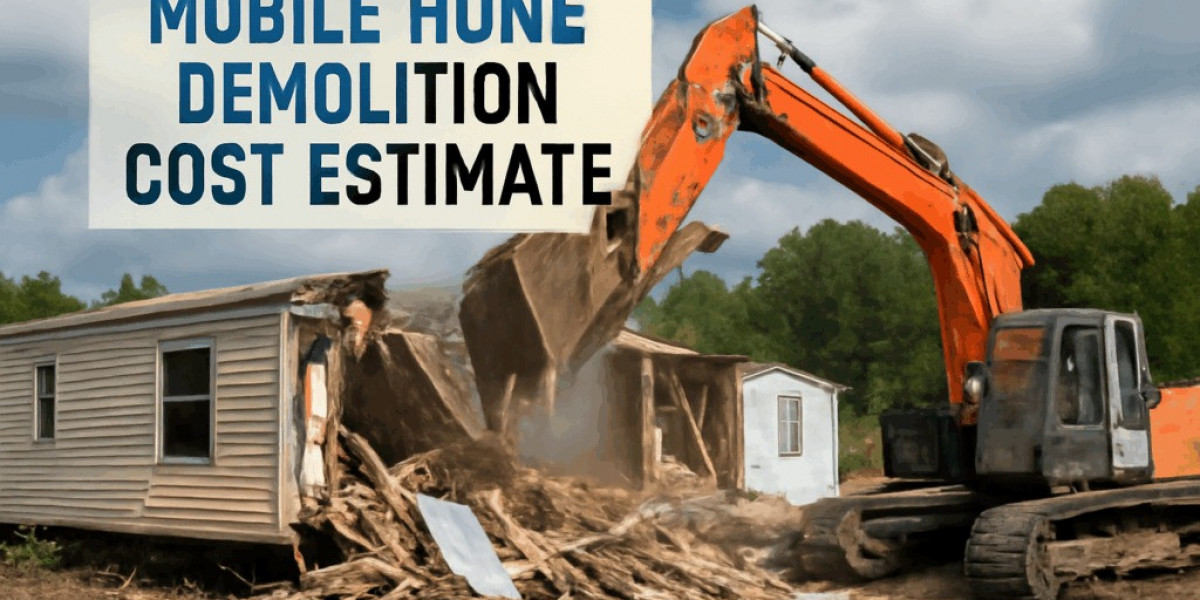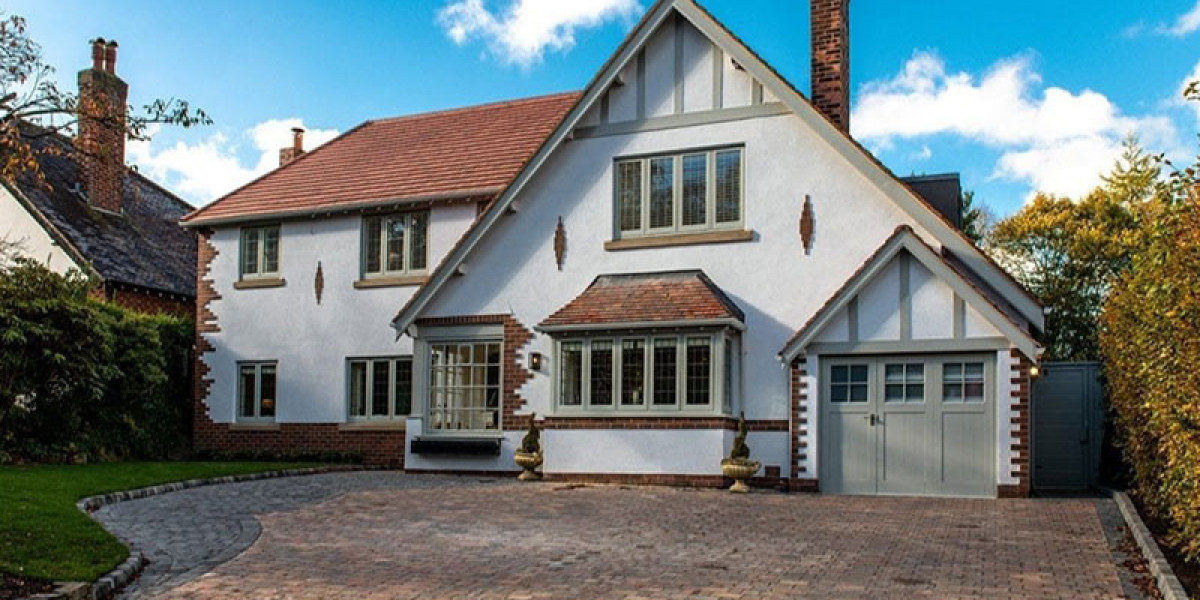If you own an older manufactured home you no longer need, mobile home donation could be a rewarding and practical solution. Instead of spending thousands on demolition or disposal, donating your mobile home helps families in need, supports charitable causes, and can even earn you a tax deduction. Here’s a complete guide on how mobile home donation works, its benefits, and what steps you need to take to make the process smooth.
Why Donate a Mobile Home?
Many older mobile homes are still structurally sound but no longer serve their owners. Donating your home allows someone else to benefit from it while saving you the cost and hassle of removal. Here are some major advantages:
- Helps those in need: Many charities provide housing for low-income families, disaster victims, or veterans.
- Eco-friendly alternative: Reusing a mobile home prevents waste and reduces landfill impact.
- Financial relief: Avoid demolition or hauling costs, which can reach thousands of dollars.
- Possible tax benefits: You may qualify for a charitable tax deduction for the fair market value of your home.
How to Donate a Mobile Home
Step 1: Assess the Home’s Condition
Before you can donate, determine whether your mobile home is livable or needs repairs. Most organizations accept homes that meet safety and habitability standards including working plumbing, electricity, and a solid structure.
If your home is uninhabitable, some charities may still accept it for parts or materials.
Step 2: Locate a Reputable Organization
Several nonprofits and housing charities accept mobile home donations. Examples include:
- Local housing assistance programs
- Habitat for Humanity affiliates
- Veterans’ and disaster relief organizations
- State or county reuse and recycling initiatives
Be sure to verify the organization’s legitimacy and confirm they handle title transfers and towing.
Step 3: Transfer Ownership and Title
Just like selling a vehicle, donating a mobile home requires a clear title. Work with the charity to:
- Sign over the title legally
- Provide proof of ownership and any lien releases
- File necessary paperwork with your state’s housing or motor vehicle agency
This ensures the donation is official and prevents future liability.
Step 4: Arrange for Removal or Transport
In many cases, the charity will handle towing or relocation at no cost to you. If the home is in a mobile home park, coordinate with park management to ensure proper removal procedures are followed.
Step 5: Get a Tax Receipt
If your chosen charity is a registered 501(c)(3) organization, you can claim a tax deduction for your donation. The value depends on the home’s appraised fair market value, so it’s wise to keep all related documentation for your tax records.
What if the Mobile Home Isn’t Usable?
Even if your home isn’t livable, it may still have value. Some organizations dismantle older homes and recycle usable parts such as metal, appliances, and wood. Others sell the scrap to fund affordable housing programs. This ensures that even uninhabitable structures can contribute to a good cause.
Benefits of Choosing Donation Over Demolition
- Cost savings: Donating often costs nothing, while demolition can cost between $3,000 and $8,000.
- Environmental impact: Less debris ends up in landfills.
- Community support: Your home provides shelter or resources for others.
Conclusion
Opting for mobile home donation is a smart and compassionate choice. It helps others, reduces environmental waste, and spares you from costly removal or demolition expenses. By partnering with a reputable organization and following the proper steps, you can turn your unwanted mobile home into a valuable gift that makes a lasting difference for families and communities in need.














